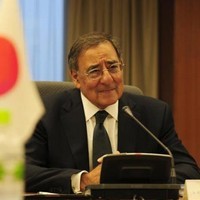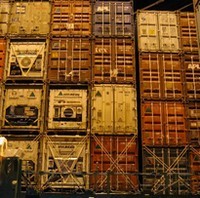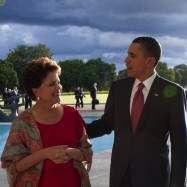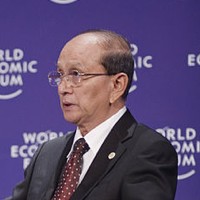
After a year of intense diplomatic brinkmanship over the management of maritime disputes in the South China Sea, Cambodia passed the rotating chairmanship of the Association of Southeast Asian Nations (ASEAN) to the tiny kingdom of Brunei on Jan. 1. Recent years have witnessed a dramatic escalation in territorial disputes between China, on one hand, and a number of Southeast Asian nations such as the Philippines and Vietnam on the other. However, the past year in particular marked a major deterioration in regional relations, due in no small part to the failure of ASEAN, under Cambodia’s watch, to adopt a […]














